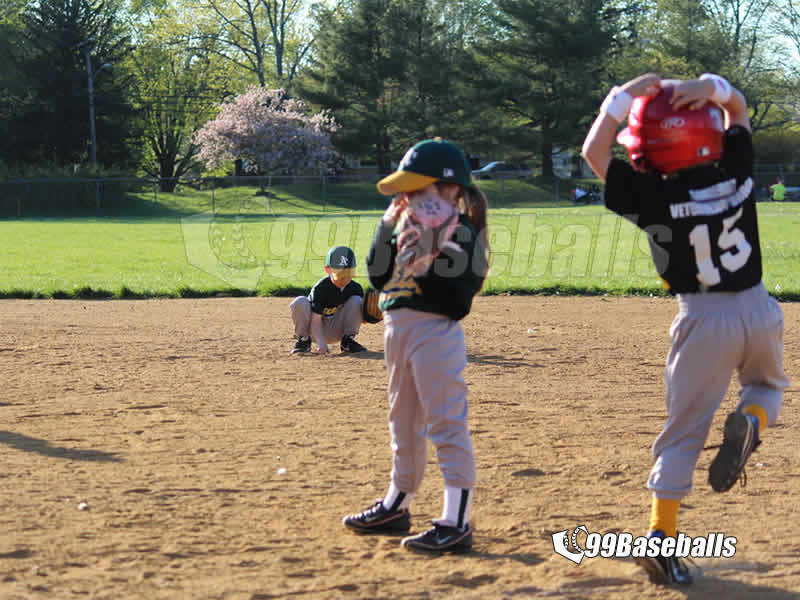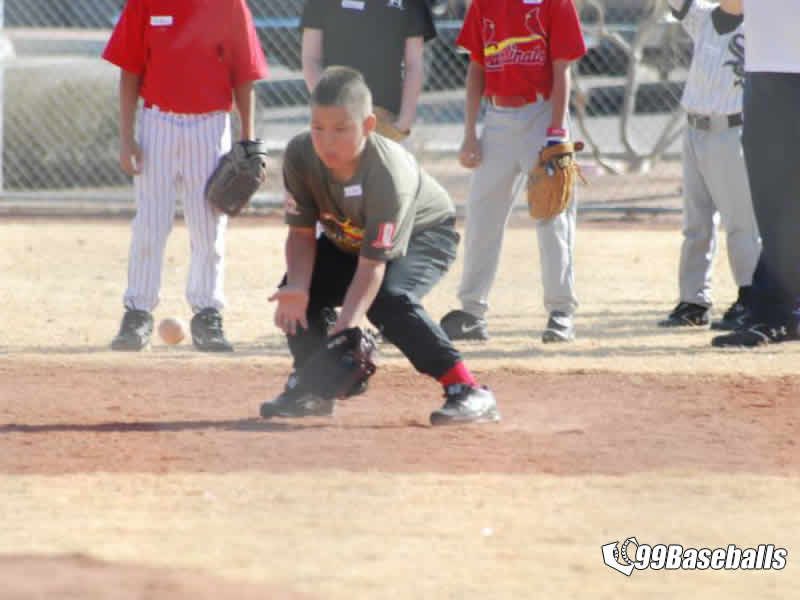- Spring rec season usually ends around late May for most leagues
- What options are available to continue playing baseball
- This is post is part of an nine-article series covering every aspect of a baseball tryout. If you arrived at this page via search, I highly recommend that you first read my post, Baseball Tryout – Complete Reference Guide

Intro
As the dust settles on another thrilling season of recreational league baseball, your child is already missing the camaraderie, the competition, and the excitement of the baseball diamond.
You look into their eyes and see the enthusiasm for more play, practice, fun, and they are begging to see if there is a local baseball team they can join.
If you live in a warmer climate like Northwest, West, Southwest, and South states, you will have many more options than the Northeast region.
Regardless of the location, if your child is dying to play more baseball over the summer, here are options to keep this passion alive.
What’s Inside
Summer Camps
First option is a summer baseball camp because it is a fantastic way to continue playing baseball in a structured environment.
Summer camps offer the opportunity to build on the skills learned during the season, taught by experienced coaches and older players. Camps draw kids from surrounding towns, so your child will have opportunities to make new friends from different schools or neighborhoods.

It’s worth noting that summer camps cater to broad ages and skill levels, so verify and choose a camp that fits your child’s specific needs.
Some available programs are Cal Ripken Sr. Foundation’s camps, the USA Baseball Camps, YMCA, and camps run by local baseball leagues.
Travel or Tournament Teams
Second option is consider joining a local club or travel teams.
I am listing this option, but please note that it will be difficult, if not impossible, to join a travel team in May as most travel teams create their roster from a tryout held around October from the previous year.
| Travel vs Tournament Teams |
|---|
| Although the words “travel team” and “tournament team” can be used interchangeably, travel team usually refers to a “”township travel” team and tends to draft township players. Tournament teams are sometimes referred to as club teams and draw players from a larger geographical area. Both types of teams compete in the same weekend tournament teams. |
But injuries do happen and kids move, so hopefully you can use your connections you made during spring season to ask around to see if there is a spot open.
Travel teams typically play a more extended season, often through the summer and sometimes even into the fall. The competition level is higher, so it’s a great chance for committed players to challenge themselves and hone their skills further. The commitment for these teams is often more significant – both in terms of time and financial resources – but they provide valuable learning experiences and competitive play for those interested.
Summer Ball
Third option is to consider organizing regular neighborhood or community pickup games for a more informal setup (some towns offer “summer stickball league”).

This allows kids to play in a low-pressure environment and fosters a love for the game that isn’t tied to winning or losing. It could be as simple as rounding up a few friends for a game in the local park or setting up a more organized neighborhood league.
Solo Practice
If your child is more inclined to practice independently, investing in some training aids could be helpful. A good quality batting tee, a pitch-back net, and some baseballs can allow your child to work on their hitting and throwing in the backyard.

If you have the space, you may want to consider building a backyard batting cage like I did1
There are also plenty of online resources, like YouTube tutorials and specialized websites, that can provide drills and tips for eager young players.
Fall ball and Tryouts
Two important thing to keep in mind if you want your child to play on a travel/club team next summer:
- Tryouts for travel and club teams are usually held late September/mid October. Make sure to ask around your local baseball league board member about a tryout date (I will write another post about what the coaches look for in these tryouts)
- Play fall ball, though not all leagues offer this option
Arm Fatigue
Just a note to remind you that if your child does play spring/summer/fall balls, they should DEFINITELY take the time off during winter to recover their throwing arms!
“Dead arm” is a especially dangerous to children and you (as a parent) is responsible making sure that they stay healthy.
Takeaways
If your child wants to understand the game more deeply, watch some MLB games on TV or, if you have a minor league team nearby, watch the game.at the stadium.
Kids like to mimic, so watching and discussing the strategies used by professional teams and players (while munching on hotdogs and snacks) will help your child develop a deeper appreciation for the subtle nuances of a baseball game.
Ultimately, the offseason should be a time of enjoyment and growth for young baseball players. The key is to find the right balance between structured skill development and unstructured play, to keep that passion for baseball burning brightly.
It’ is important to remind yourself that it is all about fostering your child’s love for the game that goes beyond the regular season.
after all, baseball is more than a sport; it’s a lifelong journey!



